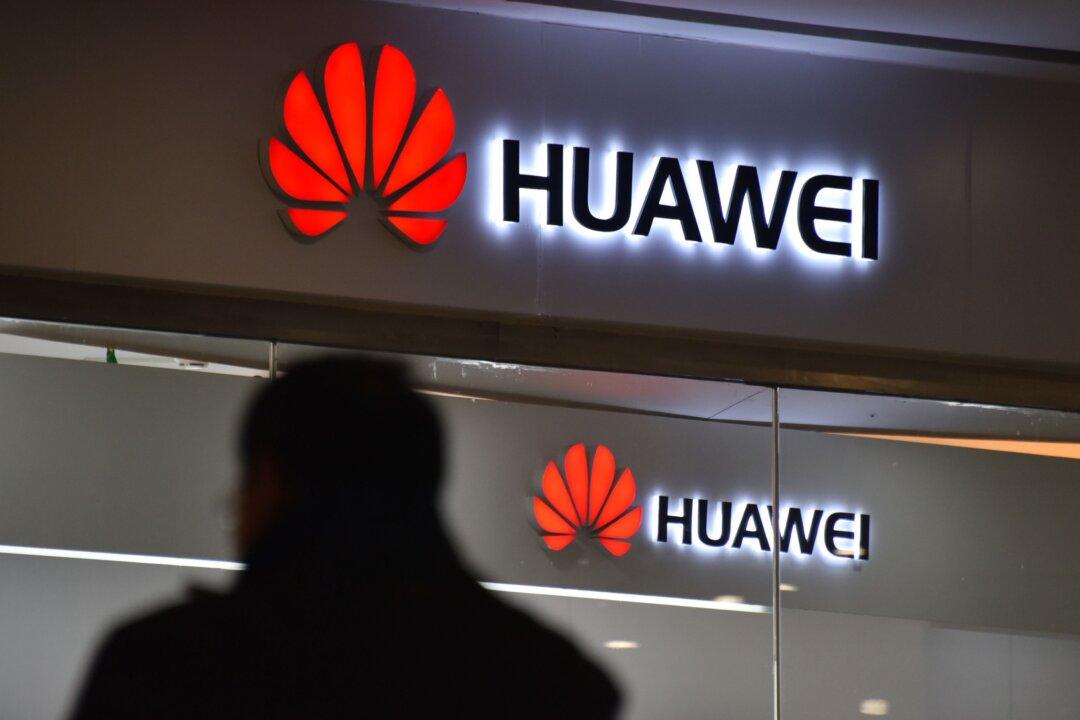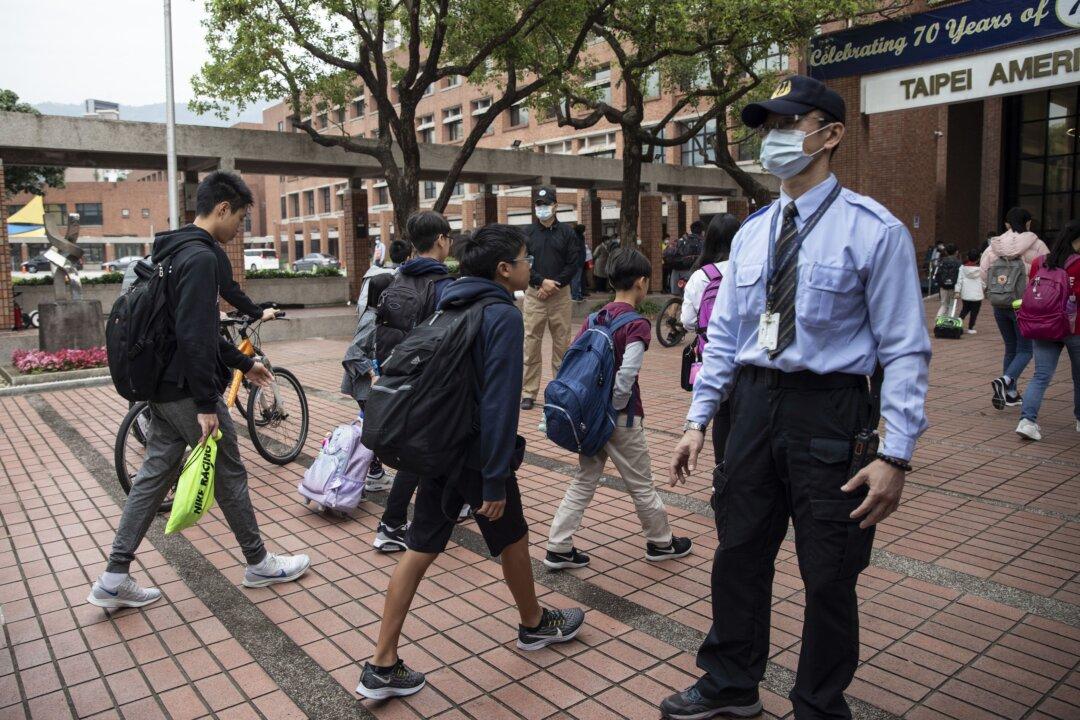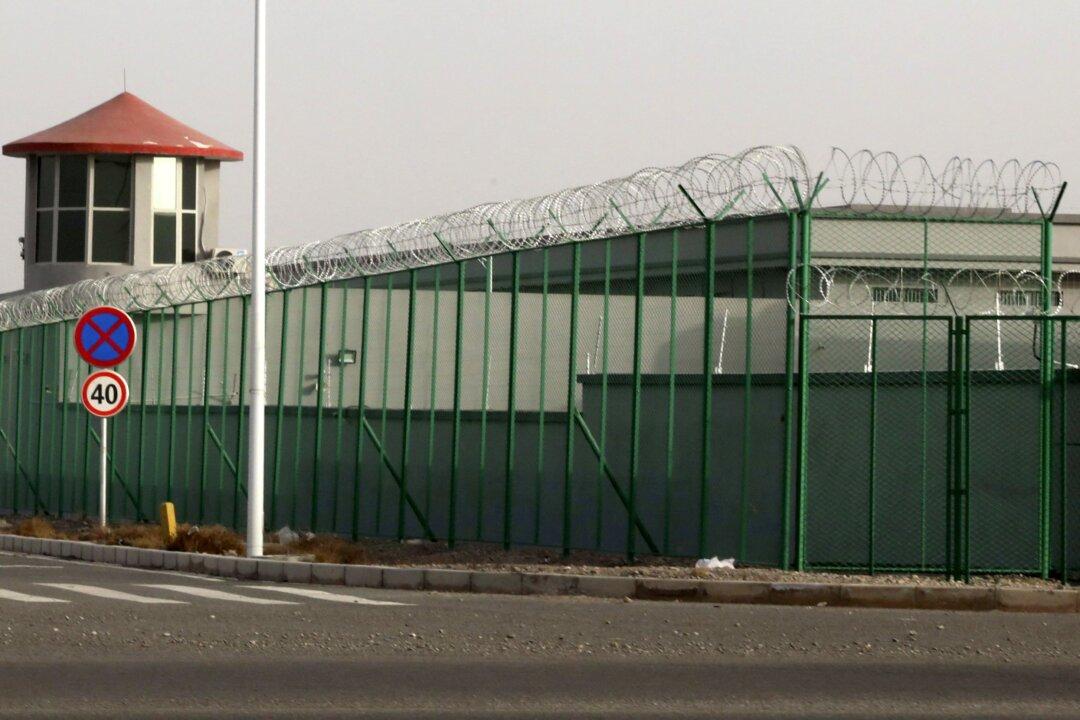Banning Huawei Technologies from participation in building Canada’s high-speed 5G wireless network is probably inevitable, especially given opinion survey indications that most Canadians now want Chinese investment prohibited from “sensitive industries,” such as telecommunications.
The Trudeau Government, currently immersed in serious rule of law issues with its highly-respected former justice minister Jody Wilson-Raybould, should delay announcing this decision for as long as feasible to avoid creating further problems for three Canadians imprisoned and no doubt being mistreated in China.





